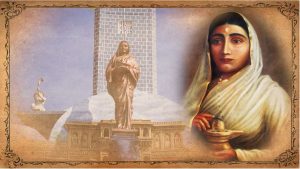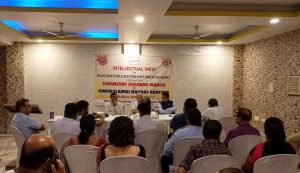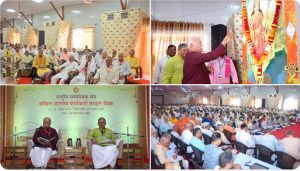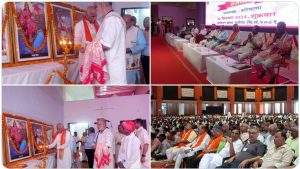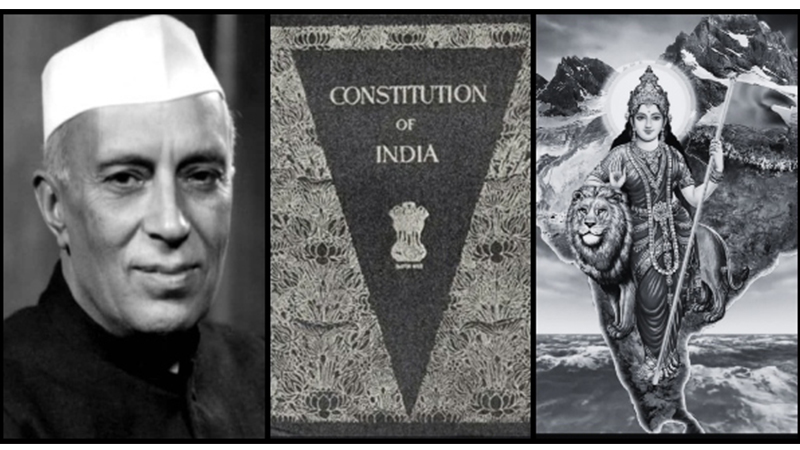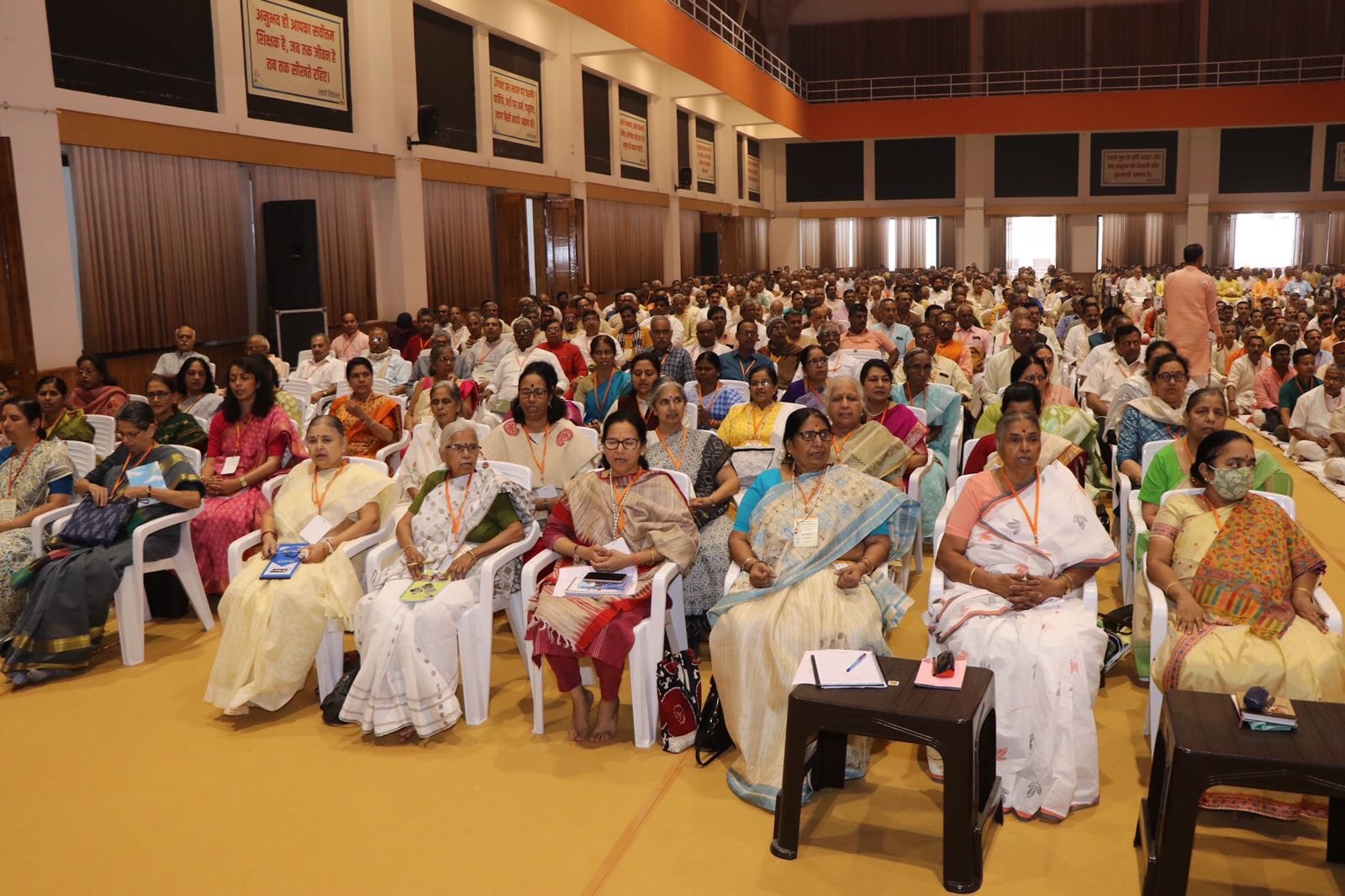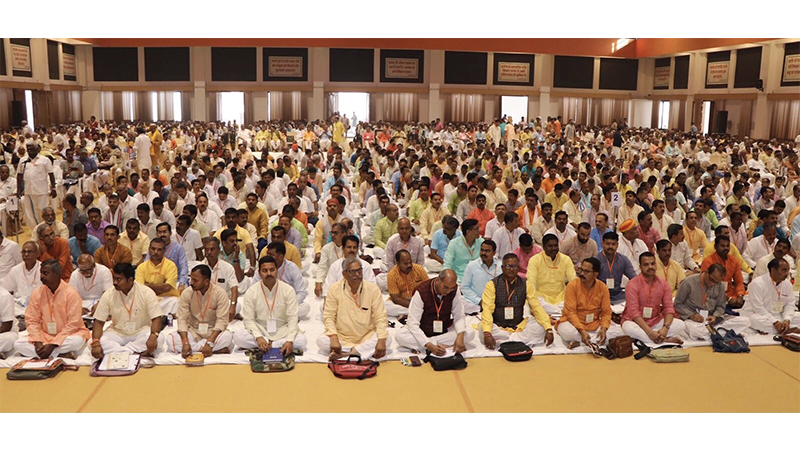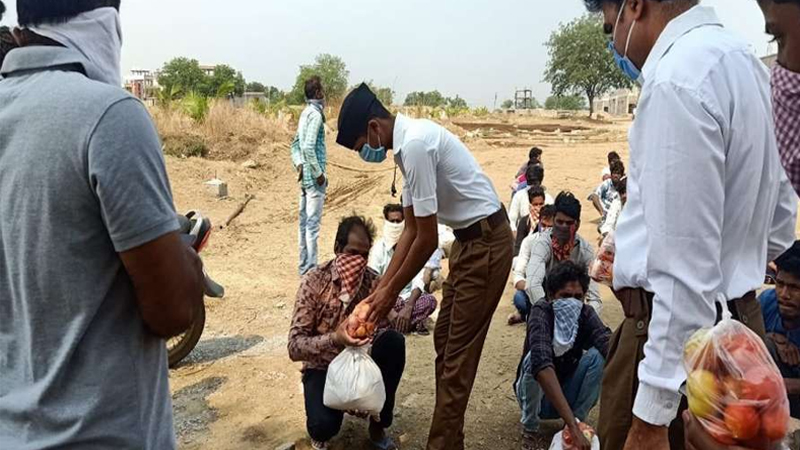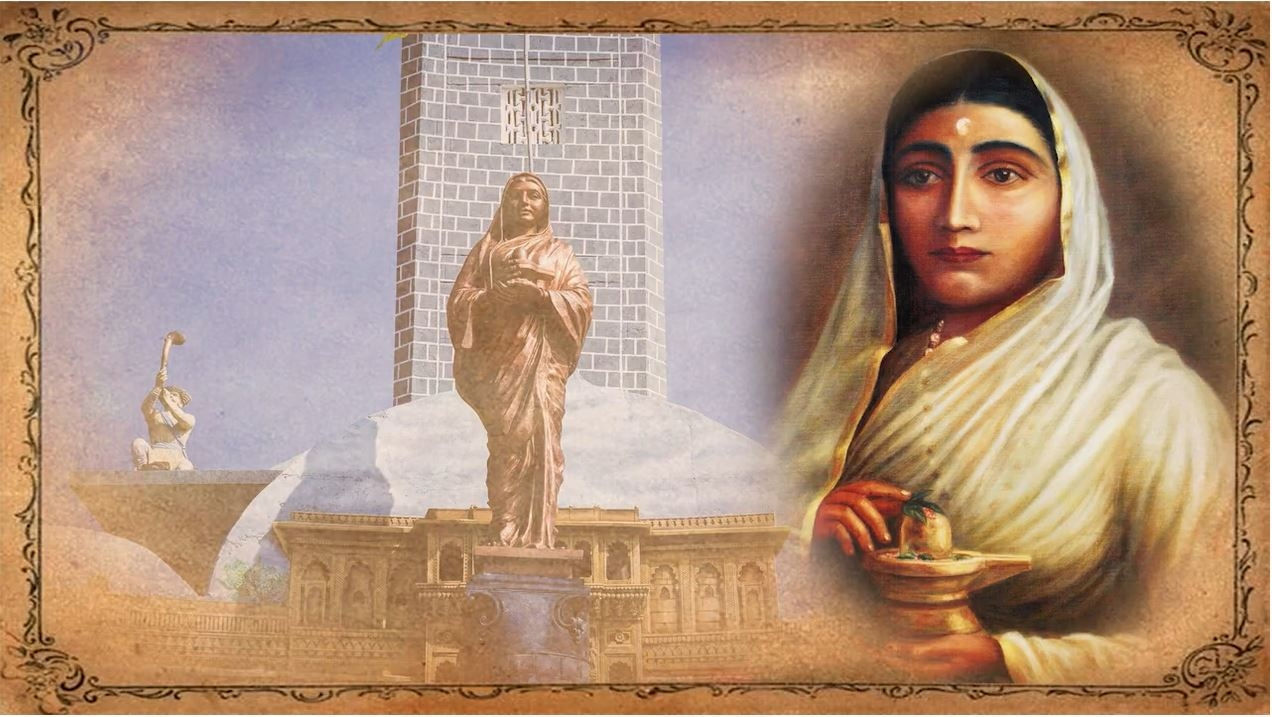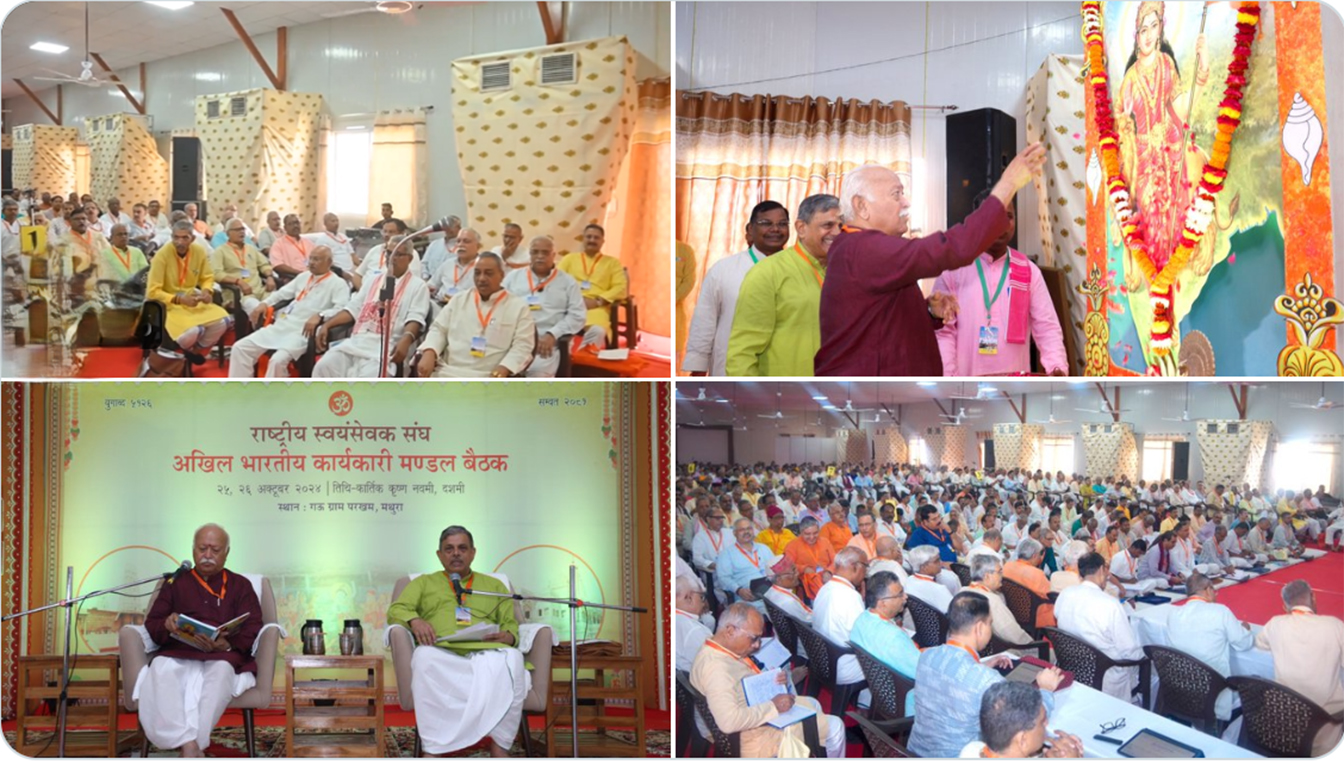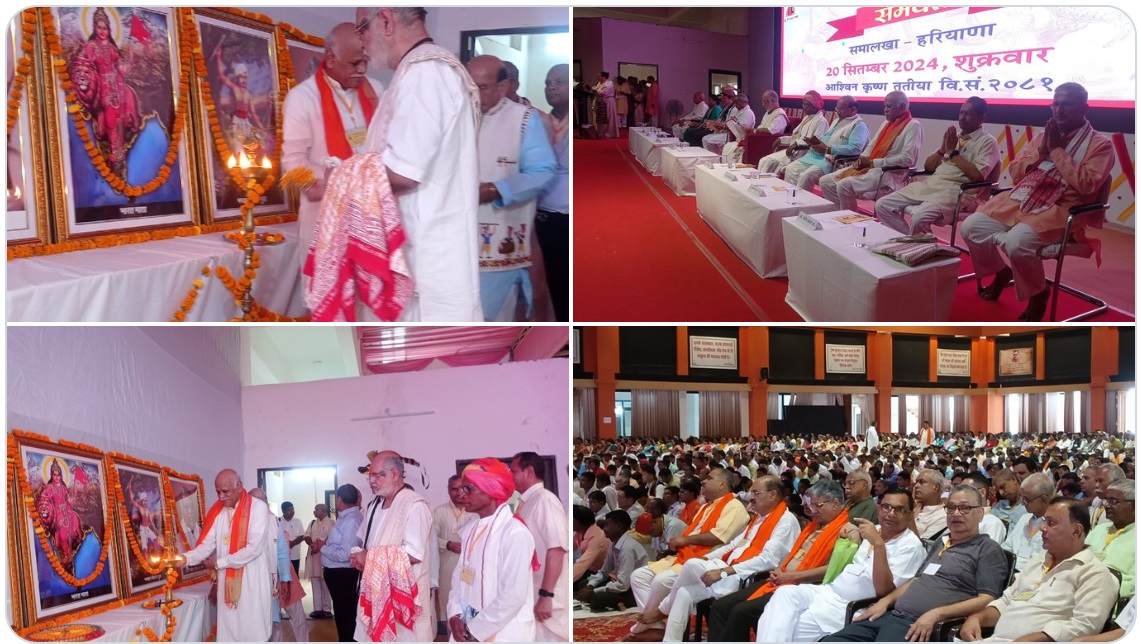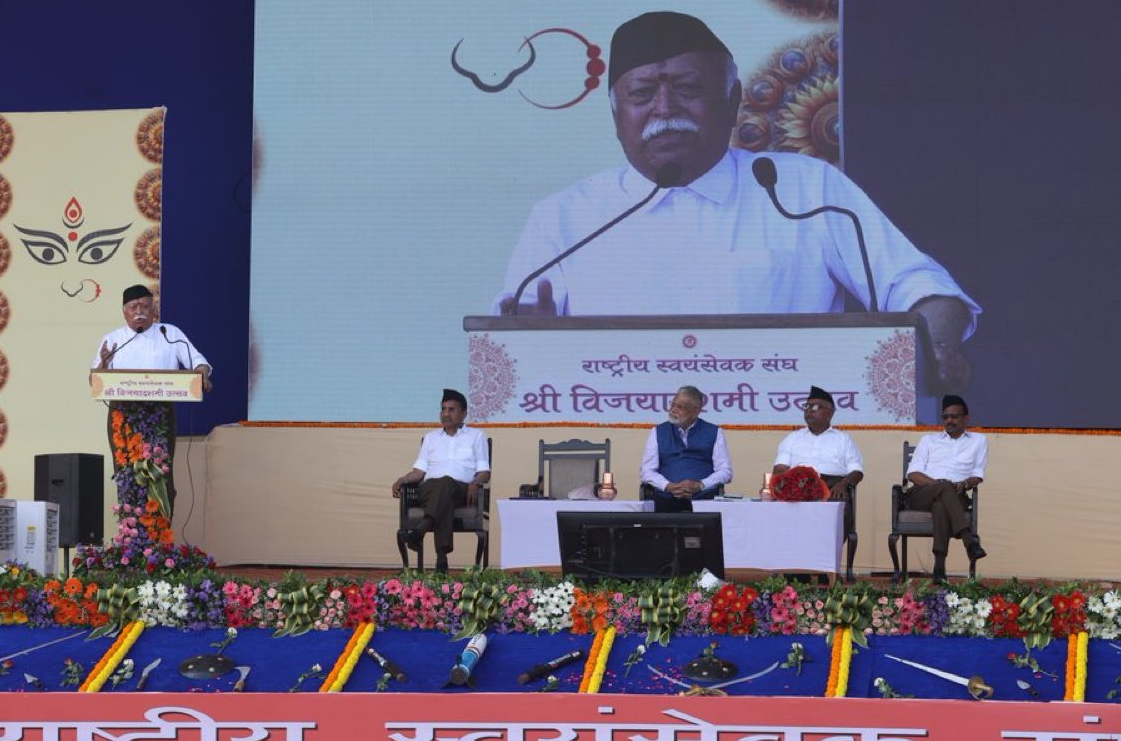RSS resolutions on Foreign relations from 1981-1990
Updated: February 4, 2023 6:07

Sri Lanka
This resolution was passed by Akhil Bharatiya Pratinidhi Sabha in 1985
The increasing influx over the past few months of Sri Lankan refugees into our country is but an indication of the panicky situation being created there in the wake of the terror let loose over there by the army. Impartial observers-Indian as well as of several other countries – of the Sri Lankan scene, and also the Human Rights forum of UNO, have come out with a mass of evidence – all of them pointing to a systematic plan of liquidation-cum-evacuation of the Tamil speaking population in general and particularly of the Hindus. The harrowing tales being brought by the refugees and those narrated by the news agencies are naturally giving rise to grave unrest and anxiety in the minds of our countrymen in general and Tamilnadu in particular. The thousands of refugees swarming in and around Rameshwaram and the provocative, aggressive actions of Sri Lankan navy against our fishermen have created an acute sense of insecurity resulting in a steep fall in the number of pilgrims to that most sacred pilgrimage center of our land and severely dislocated the entire economy of the Rameshwaram island.
The ABPS is of the considered opinion that the present Sri Lankan policy of Tamil extermination as also the other extreme demand of separate Tamil Elam and their violent activities have both proved counter productive and a solution based on firm constitutional guarantees to the Tamils of an equal and honourable partnership in the Sri Lankan national set up is urgently called for.
Further, the Sri Lankan problem has no more remained an internal problem of that country but has endangered the security, economy and peace of the entire southern coast of our country. The developing situation has left our country with no other choice except to take some urgent and effective steps to make Sri Lankan authorities see the folly of pursuing a policy, which is not only alienating a sizable section of their national society but also antagonising a consistently friendly neighbour like Bharat. Steps such as bringing pressure through the non-aligned forum-of which Bharat is the Chairman- and securing every possible international influence should be vigorously pursued. And, if necessary, our Government should also prepare itself to speak in a language which the Sri Lankan authorities understand.
_____________________________________
Chakma
— This resolution was passed by Akhil Bharatiya Karyakari Mandal (executive body) in 1986
Chakma tribal brothers In the Chattagram Hill Tract of Bangladesh belonging to the Buddhist faith have been struggling over the past several years to safeguard their identity and their traditional ways of life. Chakmas are undergoing untold inhuman atrocities because of their determined resistance to the process of Islamisation of that area by the Settling of the Muslims with the help of Bangladesh army. As a result of mounting atrocities, the Chakmas are forced to seek refuge in the adjoining areas of Bharat like Mizoram and Tripura. But the Border Security Force often forces them back to Bangladesh on the plea that they are foreigner, where, however, more gruesome atrocities await them. In one such incident, recently 150 Chakmas were brutally butchered by the Bangladesh army.
The present plight of the Chakmas, it must be remembered, is the direct result of callous negligence on the part of our leadership at the time of Partition, The Hindu Buddhist Chakmas, who formed 92% of population of the district at the time, didn’t even dream that their district would be handed over to Pakistan. Their belief was so strong that on the 15th of August l947, they hoisted the Tri-colour on the District Collector’s Office, which was replaced by the Pakistani flag only after four days. Our leadership accepted Partition on the basis of the relative populations of Hindus and Muslims never uttered a single word against this patently unjust decision. The Chakmas are made to pay the price for this tragic blunder of our leaders, with their population already fallen to 60%.
The ABKM strongly feels that the Government of Bharat should not bypass the issue on the pretext that it is an internal problem of Bangladesh, Even today the Government is bearing the burden of more than 25,000 Chakma refugees. The ABKM demands that the Government use all diplomatic channels to bring pressure on the Government of Bangladesh and ensure that the identity of Chakmas is safeguarded. And, if found necessary, it should raise the issue at the international forums and save the Chakmas from the systematic annihilation going on at the hands of Bangladesh.
____________________________
NEIGHBOUR NATIONS
— This resolution was passed by Akhil Bharatiya Karyakari Mandal (executive body) in 1988
Declaration of Islam as the state religion in Bangladesh, which started as a secular state at its inception, and steps taken to implement the Shariat law in Pakistan have naturally created serious apprehensions in the minds of the people of this country about their possible repercussions on the Hindus and other minorities in those countries. History is witness to the fact that with a few honorable exceptions, the fanatic Muslim rulers have always discriminated against their non-Muslim subjects and have persecuted them simply because they were not Muslims. As such the fear that the Hindus in those two countries will be subject to more persecution hereafter triggering off their fresh influx into our country, is not unfounded. The recent entry of about two hundred Chakma refugees into Tripura is an instance in point.
It is not unlikely that the increasing Muslim fundamentalism in these and similar other countries may affect the general Muslim masses of Bharat also. Recently, the Prime Minister also has expressed his concern about such a possibility. The secessionist elements and politicians with vested interests are already -engaged in instigating the general mass of Muslims here. Any pretext is enough for them to rouse their frenzy and provoke them for confrontation. The recent happenings in Murshidabad in Bengal and Dhubri in Assam bear testimony to this fact. Earlier also there have been incidents of desecration and breaking of idols in a number of states. The threatened march of the Muslims to offer namaz at Ram Janma Bhoomi in Ayodhya is yet another example of their nefarious designs.
It is however heartening to note that both in Pakistan and Bangladesh enlightened Muslims and certain political parties are condemning the fundamentalist moves of their rulers. This shows that saner elements are not lacking among the Muslims. In Bharat also such elements are raising their voices of protest. The A.B.K.M. welcomes all such healthy moves.
Secular statecraft has always been a tradition with the Hindus. It has no place for discrimination on the basis of sect or way of worship. The concept of theocratic state is far removed from the Hindu thought. As such all such provisions of our Constitution that discriminate on the basis of religion and Sect will only create dissensions in the society and prove detrimental to the cause of national integration, The A.B.K.M., therefore, urges the Government to do away with all such discriminatory provisions which alienate the Muslims from the rest of the society and initiate the process of evolving a common civil code for all the citizens of the country. The Karyakari Mandal calls upon the Government to delete Art. 370 of the Constitution which is in existence merely because Muslims form a majority in Jammu & Kashmir. It also appeals to the Central Government to bring proper diplomatic and international pressure on Bangladesh and Pakistan so that they would be duty-bound to protect the life, honor and rights of the Hindus and other minorities in those countries.
The A.B.K.M. appeals to all the political parties, social organizations and enlightened Muslims that they bring effective pressure on the Government of Bharat to do the needful in strengthening the process of national integration.
_______________________________________
Bangla Desh
This resolution was passed by Akhil Bharatiya Pratinidhi Sabha in 1989
The ABPS views with grave concern the massive uprooting of Hindus end other religious groups from Bangla Desh resulting in their large scale influx in lakhs into the adjacent states of Bharat like West Bengal, Assam, Tripura and Meghalaya. Although the lot of non-Islamic groups in that region has ever been worsening all the time, the shocking phenomenon of indiscriminate . arrests, molestation of Hindu women, desecration of Hindu temples and forcible conversion of Hindus and other religious groups have become acute following declaration of Bangladesh as an Islamic .state in early 1988.
The Hindus in that area have been, since 1947, subject to periodical, pogroms culminating in the unprecedented holocaust of 1971 involving massacre of lakhs of Hindus. After a brief respite during 1972-1975 in the wake of the liberation of Bangladesh with the help of the Indian Army, its Islamic character asserted itself again in the deliberate policy of expropriation of property of non-Islamic groups and their harassment in several other ways with increasing vehemence.
In spite of the worldwide attention that the tragic plight of Buddhist Chakmas of Chittagong district in Bangladesh has attracted, the lack of any positive response by the Govt. of Bharat , in particular, has emboldened the military junta of Bangladesh to come out in its true fanatic colour of Islamic theocracy. A survey conducted by the Central Intelligence during the last month has confirmed the large scale influx of Hindu displaced persons. Recently, the Cong.(I) Chief Ministers or N .E . States have also sounded a grim warning about the Bangladesh policy of theocratisation, oppression of non-Islamic groups and spurt of conversion arid indiscriminate arrests, particularly among the Garos of northern Mymensingh district.
The ABPS deplores the callous indifference and inaction of the Central Government with regard to their moral responsibility of ensuring a secure, just and honourable living for the Hindus residing there. It is also equally reprehensible that the Central and State Governments have failed to provide even the elementary needs of food and shelter to the unfortunate, displaced families pouring into our country. The Sabha urges the Central Government to take up the issue at international forums like United Nations and the SAARC to awaken the world conscience and take recourse to whatever measures needed that would make the Bangladesh rulers mete out justice to the Hindus and other religious groups in accordance with the solemn assurances incorporated even in the 1947 Accord of Partition.
_____________________________
NEPAL
— This resolution was passed by Akhil Bharatiya Karyakari Mandal (executive body) in 1990
The Akhil Bharatiya Karyakari Mandal expresses its deeply felt happiness over the successful establishment of democracy and a government by popular consent in Nepal – our brotherly neighbour. Soon after, this was followed by another equally welcome development, the drawing of a curtain over the unhappy chapter of mutual distrust and acrimony between Nepal and Bharat and ushering in of the relationship of mutual friendship and confidence as before. The Karyakari Mandal heartily compliments both the governments of Nepal and Bharat for this happy consummation.
The decision of the ruling Nepali Congress to continue to preserve its Hindu ethos is yet another highly desirable development. The Karyakari Mandal congratulates the Nepali people over this timely, farsighted and historic declaration. This decision assumes great significance since; right on the heels of the induction of the new regime, some Christian and Islamic foreign powers and certain elements in Nepal had tried to pressurize Nepal, under the guise of a demand for declaring it a secular state, to give up its Hindu Character. This demand, in fact, was intended to help such elements carry on their nefarious designs of conversion under that cover end had nothing to do with their freedom of worship; for, they had already been enjoying the same, since Nepal had been a Hindu Kingdom all these long years.
The government and the people of Nepal would, therefore, be well advised to be extremely wary of such elements who are out to destroy and exploit the concept of secularism for luring and coercing the poorer sections of Nepali Hindus into their fold.
The Akhil Bharatiya Karyakari Mandal, even while complimenting the people, the Government and the King of Nepal for the wholesome turn of events there, urges them to continue to be vigilant and not allow any one to tarnish the time honored Hindu identity of Nepal, so that Nepal may stand as a shining and living example of sublime Hindu ethos before the entire world.
____________________________
JAMMU – KASHMIR
— This resolution was passed by Akhil Bharatiya Karyakari Mandal (executive body) in 1990
It is significant that, but for a vary small section of Central Asian and Arab countries, almost all major nations of the world have conceded that the resolution adopted 40 years back by the U.N. Security Council stipulating plebiscite for the solution of the Kashmir problem is outdated and impractical. In its place, of late, opinions are centering round “Simla Agreement”, meaning bilateral negotiations, for arriving at a solution. For such a dialogue, spade work has also commenced in the form of Secretary-level meetings between Bharat and Pakistan. However, the declaration by Pakistan leadership that without Kashmir, Pakistan of their dreams would remain incomplete, poses the main hurdle in resolving the issue.
It is high time Bharat categorically states its position through such meetings and other opportune moments to Pakistan and other nations interested in the Kashmir issue that Jammu & Kashmir is Bharat’s indivisible part and that tension there could get diffused only if Pakistan withdraws from the 2/5 th part of Kashmir forcibly occupied by it. It is a universally accepted principle that the aggressor should not be permitted to enjoy the fruits of his aggression. The only permanent solution for the Kashmir problem, therefore, lies in putting pressure of the world opinion on Pakistan to vacate the portion of Kashmir grabbed by it.
The A.B.K.M. believes that, had not the major powers armed Pakistan with a huge stockpile of sophisticated weapons, had they prevented those arms from reaching the hands of secessionist elements in Jammu-Kashmir & Punjab and had they restrained her from going ahead in manufacturing the ‘Islamic Bomb’, Pakistan could never have dared to challenge the integrity and sovereignty of Bharat, nor would the violence perpetrated by separatist forces have assumed such alarming proportions.
The A.B.K.M. urges the Government to impress upon the entire world that not even an inch of Bharat’s land is negotiable and that it shall never accept the division of Kashmir – a solution mooted in certain quarters – and would consider no sacrifice too great in defending its territorial sovereignty. History of the world also bears testimony to the fact that never have problems of nations been resolved by their vivisection.
A.B.K.M. expects that the Government of Bharat would take all necessary measures to liberate the whole of Jammu and Kashmir from the clutches of Pakistan and to defend our national integrity. The Karyakari Mandal assures the Government that each and every Swayamsevak of the Sangh would extend his whole-hearted co-operation in every one of its endeavors in the defense of the national honor and sovereignty.
The A.B.K.M. is absolutely confident that our countrymen -to the last person-would rise as one single colossal national entity to combat the challenge of Pakistan and administer a lesson to her for all her aggressive designs.
________________________________
